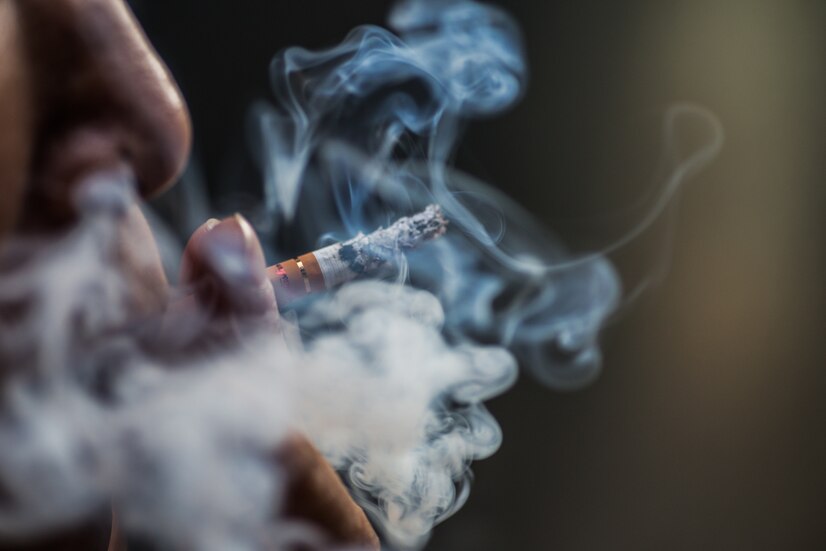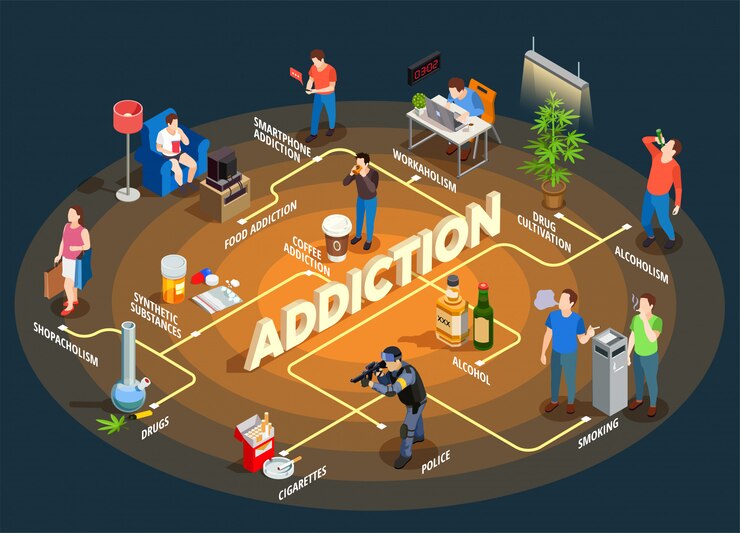Table of contents
Overcoming addiction is a deeply personal and often challenging journey. While traditional treatments like counseling, medication, and support groups remain crucial, an increasing number of people are exploring alternative therapies to support their recovery. One promising option gaining attention is CBD for Addiction Recovery.
CBD, or cannabidiol, is a non-intoxicating compound found in the cannabis plant. Unlike THC, it doesn’t produce a high, making it a viable tool for those in recovery. Emerging studies and personal experiences suggest that CBD may play a helpful role in managing cravings, anxiety, withdrawal symptoms, and relapse triggers.
In this post, we’ll take a closer look at the science behind CBD for addiction recovery, as well as real-life stories from individuals who’ve used CBD as part of their healing process.
Understanding Addiction and the Brain

Addiction affects the brain’s reward system, often leading to compulsive behavior despite harmful consequences. It’s associated with increased anxiety, mood swings, and changes in dopamine function. Traditional recovery programs aim to restore balance and reduce the likelihood of relapse.
This is where CBD enters the conversation. Researchers are investigating how CBD can influence the same neurological pathways impacted by substance abuse. By interacting with the endocannabinoid system (ECS)—which helps regulate mood, stress, pain, and appetite—CBD may offer therapeutic effects without the addictive potential of opioids or benzodiazepines.
What the Research Says About CBD for Addiction Recovery

While research is still in its early stages, several studies have shown promising results for CBD for addiction recovery:
1. Reduced Cravings
A 2019 study published in the American Journal of Psychiatry found that CBD significantly reduced cravings and anxiety in people with heroin use disorder. Effects lasted up to a week after the last dose.
2. Lower Anxiety and Stress
CBD has well-documented anxiolytic (anti-anxiety) properties, which can help individuals stay calm during withdrawal or moments of temptation.
3. Neuroprotection
CBD has shown potential in protecting brain cells from damage caused by substance abuse, particularly alcohol and opioids.
4. Support for Co-Occurring Conditions
Many individuals in recovery also experience depression or PTSD. CBD may help with these co-existing conditions, making recovery more manageable.
Real-Life Experiences: Stories of Hope and Healing
For many, CBD has been a game-changer. Below are a few personal accounts (anonymized for privacy) from individuals who have incorporated CBD for addiction recovery into their routines:
✨ Emily’s Story – Opioid Recovery
“I started using CBD tinctures during the worst of my opioid withdrawal. It didn’t fix everything, but it calmed my nerves, helped me sleep, and gave me a sense of control. It became part of my daily wellness routine.”
✨ Michael’s Experience – Alcohol Dependence
“CBD helped me break the cycle of anxiety and drinking. I’d use CBD oil instead of reaching for a drink when I felt overwhelmed. It gave me the clarity to stay on track.”
✨ Lauren’s Journey – Nicotine Addiction
“I used CBD vape and gummies during my transition away from cigarettes. They helped with irritability and cravings, especially during stressful workdays.”
Ways to Use CBD During Recovery
Incorporating CBD for addiction recovery depends on your personal needs and preferences. Here are some common methods:
- CBD Oil/Tinctures – Quick absorption and customizable dosing
- CBD Capsules – Convenient and consistent daily use
- CBD Gummies – Easy to take, discreet, and pleasant tasting
- CBD Topicals – For physical tension or pain
- CBD Vapes – Fast-acting but not recommended for everyone, especially those avoiding inhalation triggers
Always consult a medical professional, especially if you’re taking other medications or undergoing supervised addiction treatment.
5 Frequently Asked Questions About CBD for Addiction Recovery
No. CBD should be viewed as a supplement to, not a replacement for, established treatment programs such as therapy, medication, or support groups.
CBD is non-intoxicating and not considered addictive. It has a very low risk of abuse or dependency.
Pure CBD should not show up, but some full-spectrum products contain trace amounts of THC. Choose broad-spectrum or isolate CBD products if drug testing is a concern.
Dosage varies by individual. It’s best to start with a low dose (10–20 mg daily) and adjust as needed under professional guidance.
Many users report that CBD helps with symptoms like anxiety, restlessness, and insomnia—common during withdrawal phases.
Final Thoughts
CBD for addiction recovery is an exciting area of research and personal growth. While it’s not a cure, it may offer comfort, emotional balance, and support as part of a holistic recovery plan. From easing anxiety to improving sleep and managing triggers, CBD is helping many find hope in their healing journey.
As research continues to evolve, so does our understanding of how natural remedies like CBD can empower those walking the difficult path of recovery. If you’re considering CBD, speak with a healthcare provider or addiction counselor to see if it’s a safe and beneficial option for you.





